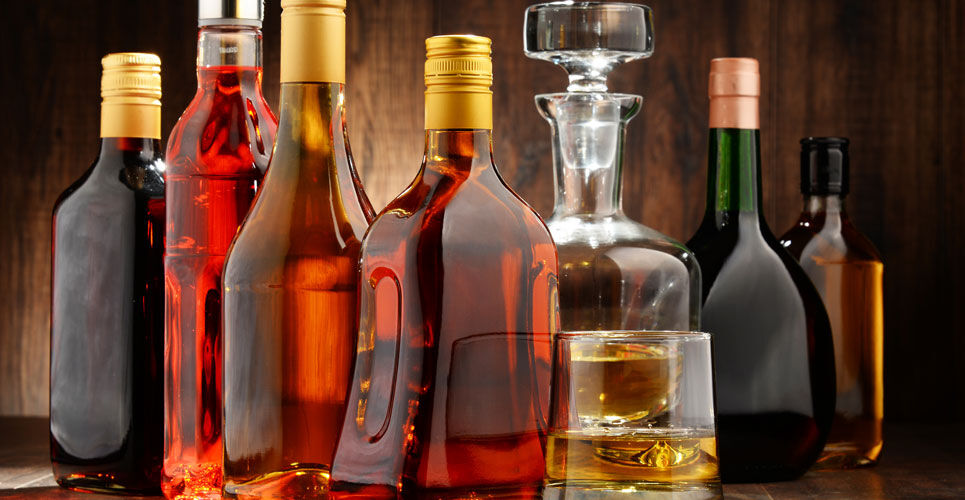Psilocybin-assisted psychotherapy for adults with alcohol use disorder reduces the number of drinks per day as well has heavy drinking days.
Psilocybin-assisted psychotherapy in adults with alcohol use disorder reduces the mean number of drinks per day as well as proportion of heavy drinking days according to the findings of a randomised, placebo-controlled trial by a team of US and Mexican researchers.
The psychedelic compound psilocybin occurs naturally in the psychoactive psilocybe genus of mushrooms. It is just one of a number of psychedelic drugs, together with lysergic acid diethylamide and mescaline, that were used extensively in the past for psychiatric patients, in particular, those with psychoneurotic’ disorders.
In recent years, interest in psilocybin has increased and there is some evidence to suggest a potential role in helping smokers to quit and psilocybin-assisted therapy has been shown to be effective in the treatment of major depressive disorder.
Alcohol use disorder (AUD) could be amenable to treatment with psychedelics given that a meta-analysis of six trials found that a single dose of lysergic acid diethylamide is associated with a decrease in alcohol misuse.
To date, however, only one proof-of-concept study has shown that psilocybin-assisted treatment in combination with motivational enhancement therapy led to a significant increase in abstinence following psilocybin administration (p < 0.05).
For the present study, researchers decided to build upon the ‘proof-of-concept’ study with a randomised, placebo-controlled trial, to evaluate whether two administered high-doses of psilocybin reduced the percentage of heavy drinking days (PHDD) in adults with AUD who underwent psychotherapy compared to placebo.
In the trial, participants were offered 12 weeks of psychotherapy and randomised to receive psilocybin or diphenhydramine (which served as the placebo) during two, day long medication sessions after four and eight weeks.
Diphenhydramine was used as a placebo because the drug has noticeable subjective effects and therefore could possibly be mistaken for psilocybin by psychedelic-naïve participants. After 38 weeks, individuals could continue and receive four additional psychotherapy sessions and assessment took place for a further 18 weeks.
Psilocybin was given as a single oral capsule at a dose of 25 mg/70 kg and this was increased to 30 mg/70 kg if there were no dose limiting adverse events and if the participants were happy for the increased dosage.
The dose of diphenhydramine was 50 mg at the first session but increased to 100 mg regardless of subjective response and all doses were administered by staff. The primary outcome was the percentage of heavy drinking days during Weeks 5 to 32 and which were assessed at Weeks 8, 12, 24 and 36.
Psilocybin-assisted therapy and heavy drinking days
A total of 95 participants with a mean age of 45.8 years (44.2% female) were included and randomised to psilocybin (49) or placebo (46) and among the cohort, individuals had been alcohol dependent for a mean of 14.2 years.
The PHHDs during Weeks 5 to 36 were 9.7% for the psilocybin-assisted group and 23.6% for the placebo group (mean difference = 13.9%, 95% CI 3 – 24.7, p = 0.01). In other words, the PHDD in psilocybin-assisted treatment group was 41% of that observed for the diphenhydramine group.
At the 32-week follow-up, the mean number of drinks per day was 2.26 for the diphenhydramine group and 1.17 for the psilocybin group and this mean difference (1.09) was significant (p = 0.01).
The authors concluded that among individuals with AUD, psilocybin-assisted psychotherapy was associated with a reduction in both daily and heavy drinking. They called for future studies to support these findings in patients with AUD.
Citation
Bogenschutz MP et al. Percentage of Heavy Drinking Days Following Psilocybin-Assisted Psychotherapy vs Placebo in the Treatment of Adult Patients With Alcohol Use Disorder: A Randomized Clinical Trial JAMA Psychiatry 2022.

